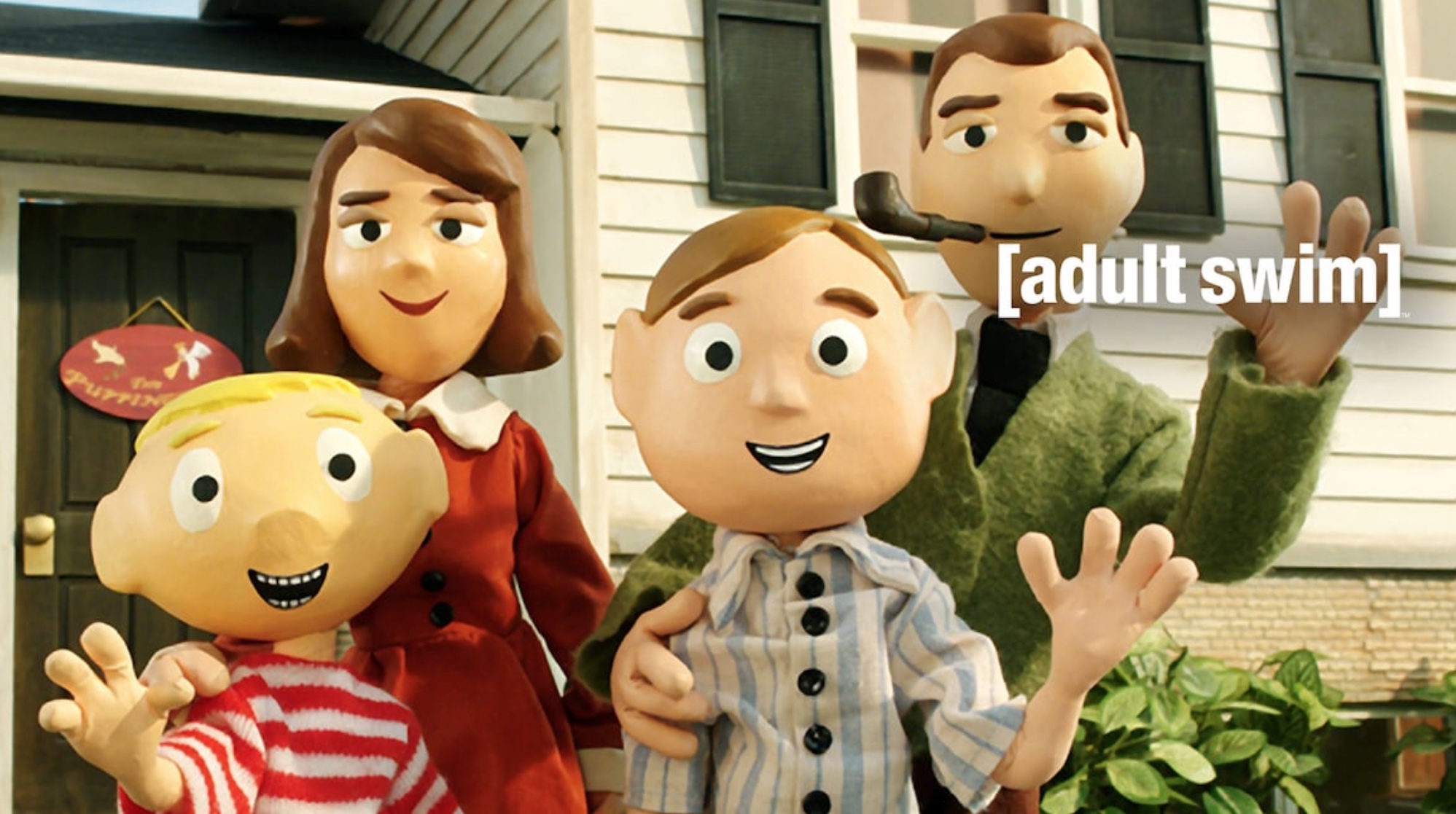HBO Max Brings Back “Moral Orel” and It’s About Time
Gallery

Created in 2005, “Moral Orel” is a stop motion adult animated series created by Dino Stamatopoulos (“Mad TV” “Late Show with David Letterman”) that aired on Adult Swim. It ran for three seasons, ending in 2008.
The show focuses on its eleven-year-old titular character, Orel Puppington (voiced by Carolyn Lawrence), and his day-to-day life in his small fictional town of Moralton, an extremely religious community in the Bible Belt in America. Most residents are devout Christians who regularly attend church and denounce such “sins” as homosexuality, science, and even independent thought.
Orel’s parents, Clay and Bloberta Puppington (voiced by Scott Adsit and Britta Phillips respectively), gave him his religious foundation at the start of season one. Orel, throughout the first season, strives to be a better Christian. Because of his naïveté, he tends to take proverbs given to him by his father, preacher, or any adult in his life way too literally. His interpretation has horrific outcomes which he does in the name of God.
In the first season, Orel goes around sexually assaulting and even impregnating the single women in Moralton after being told it is a sin to masturbate, and that sex is only for procreation. Most of the first season follows this satirical formula, where Orel has religious confusion, is given terrible advice, and then commits vile acts in the name of God. He is then spanked by his father, Clay, and most times is given an even worse life lesson.
In the season one finale dubbed “The Greatest Christmas Ever,” Orel’s seemingly perfect parents decide to get a divorce. While hinted at throughout the earlier parts of the season, Orel overhears his parents arguing late at night about whether Orel’s seven-year-old little brother, Shapey, is Clay’s son or not. Clay argues that he does not even remember conceiving Shapey. This leads Orel to believe that Shapey is the result of an immaculate conception and the second coming of Jesus Christ.
The second season begins a couple of months after season one. As Clay and Orel eat at a restaurant together, Clay tells Orel that he and Orel’s mother are not divorcing. They stay together not because they overcame their differences but to keep up appearances. In Clay’s words, “The last thing we want is for people to think we don’t care about our own kids; that is one fact that is none of their business.”
Season two still follows the episodic formula of season one; however, we begin to see more of a linear story forming not from Orel’s perspective but of the side characters and of Moralton itself.
In season three, Orel is reduced to a side character and we are shown what the townspeople were doing before, during, and after the season two finale. The fourth episode of season three titled, “Alone,” according to Stamatopoulos was “The final nail in the coffin for Moral Orel.” The topics of forced sterilization, sexual assault from both a partner and stranger, and abortions in both the clinical setting and back alley are some of the controversial topics satirized in this episode, which may have contributed to the show being canceled.
“Moral Orel” at first glance seems like an irreverent dark comedy that makes fun of religious extremism, but the show is more than that. Stamatopoulos says, “The root causes are lies, laziness, and hypocrisy. Everything horrible stems from those three things. The show is not about blind faith. It’s not about faith at all. It’s about the lack of it. Moralton has always been a microcosm of America. It’s heightened, yes....But not much.” In today’s socio-political climate, these words sound truer than ever. “Moral Orel” is currently streaming on HBO Max.
